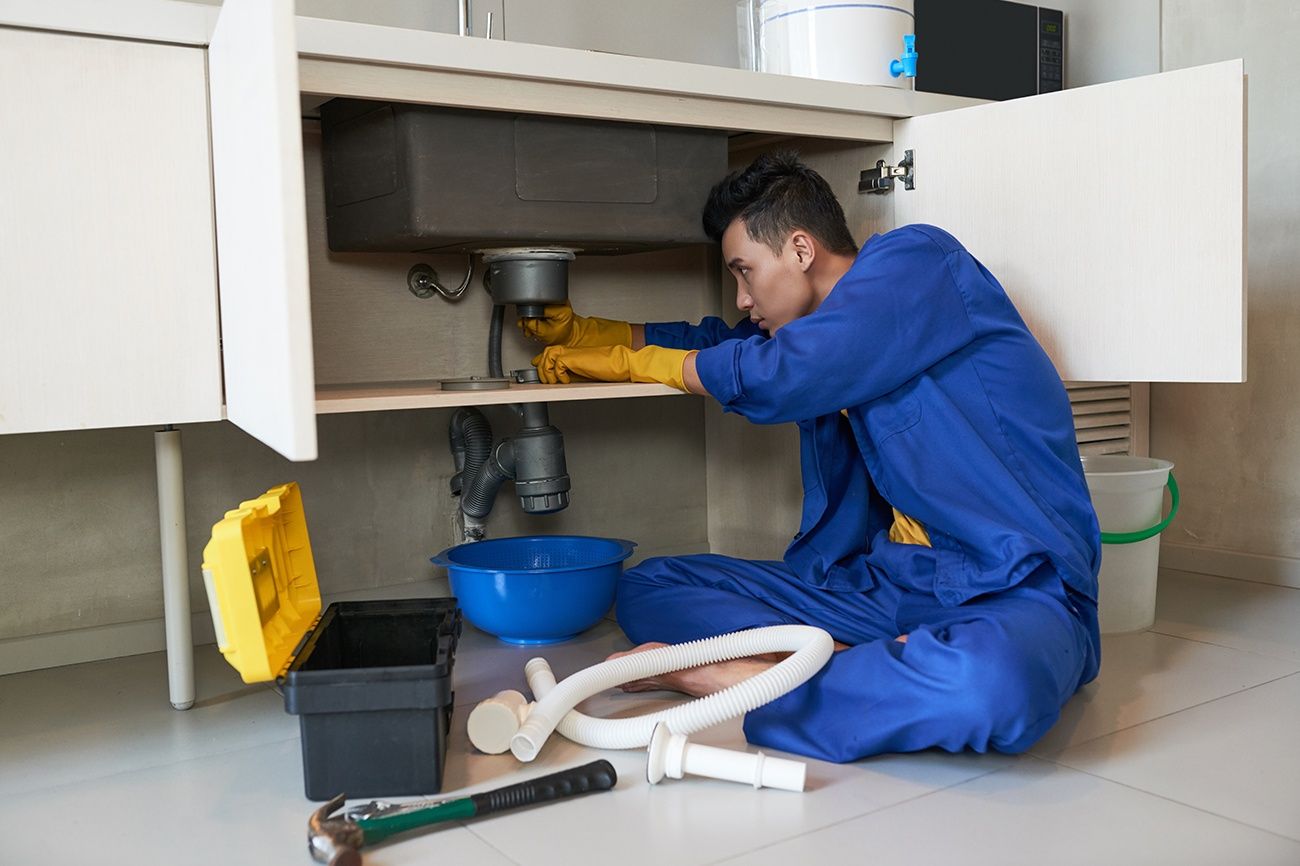The Ultimate Guide to Understanding Plumbing Systems

In our daily lives, we often overlook this indispensable hero—the plumbing system. Plumbing quietly ensures our comfort, health, and hygiene by delivering clean water for drinking, cooking, and bathing to dispose of waste efficiently.
Let's look closer at the importance of plumbing systems, their various types, the role of plumbers, and when their services become essential.
-
Importance of Plumbing Systems
Plumbing systems are often forgotten but are important in this modern world. They provide essential services like drinking water and ensure our waste goes away safely. Imagine waking up one morning to find no water flowing from the tap or sewage backing up into our home. The importance of a well-functioning plumbing system becomes evident in such situations.
Beyond the convenience of having water readily available at the turn of a tap, plumbing systems play a crucial role in public health. They ensure the safe disposal of waste, preventing contamination of our living spaces and water sources. Moreover, plumbing systems contribute to conservation efforts by minimizing leaks and optimizing water usage through efficient fixtures and technologies.
-
Types of Plumbing Systems
Plumbing systems come in various types, each tailored to meet specific needs and environments. The most common types include:
-
Potable Water Supply Systems
These systems deliver clean and safe drinking water to homes and buildings from a well or other centralized water sources. They typically include pipes, valves, faucets, and water storage tanks.
-
Drainage and Waste Removal Systems
These systems remove wastewater from buildings, prevent the buildup of contaminants and foul odors, and comprise pipes, traps, vents, and sewage treatment facilities.
-
Gas Supply Systems
These systems distribute natural gas or propane to power appliances such as stoves, water heaters, and furnaces. Correct installation and regular maintenance are essential to avoid gas leaks, which can present significant safety risks.
-
-
Who is a Plumber?
A plumber is a skilled tradesperson trained in installing, repairing, and maintaining plumbing systems. They undergo rigorous training and apprenticeships to acquire expertise in working with various materials, tools, and techniques essential for plumbing work.
Plumbers handle pipes, valves, and fixtures to ensure safe water, gas, and waste flow in buildings. They work in homes, businesses, and industries, crucial for keeping plumbing systems running smoothly and preventing problems.
-
When is a Plumbing System Needed?
Although certain plumbing problems might appear small initially, neglecting them could result in more significant issues. Here are some situations where seeking professional plumbing services is necessary:
-
Leaking Pipes or Fixtures
Even the tiniest leak can lead to considerable water wastage and property damage.
-
Clogged Drains or Toilets
Persistent blockages can interrupt your daily activities and indicate hidden problems within the plumbing system.
-
Low Water Pressure
Poor water pressure can indicate blockages or leaks in the pipes.
-
Sewage Backup
A sewage backup poses serious health risks and requires immediate attention from a plumber.
-
Installation of New Plumbing Fixtures
Expert installation guarantees that fixtures, such as faucets and water heaters, work correctly and last long.
-
Maintenance
Regular maintenance keeps your plumbing system problem-free and efficient, with plumbing services providing cleaning and inspection to maintain system health.
-
In conclusion, plumbing systems are the backbone of modern living, providing essential services enabling us to lead comfortable and healthy lives. Understanding their importance, different types, and the role of plumbers, as well as knowing when to seek plumbing services, ensures the efficient functioning of these vital systems. Also, we must not forget to appreciate the benefits of plumbing and the dedicated professionals who keep the water flowing and our homes safe.
